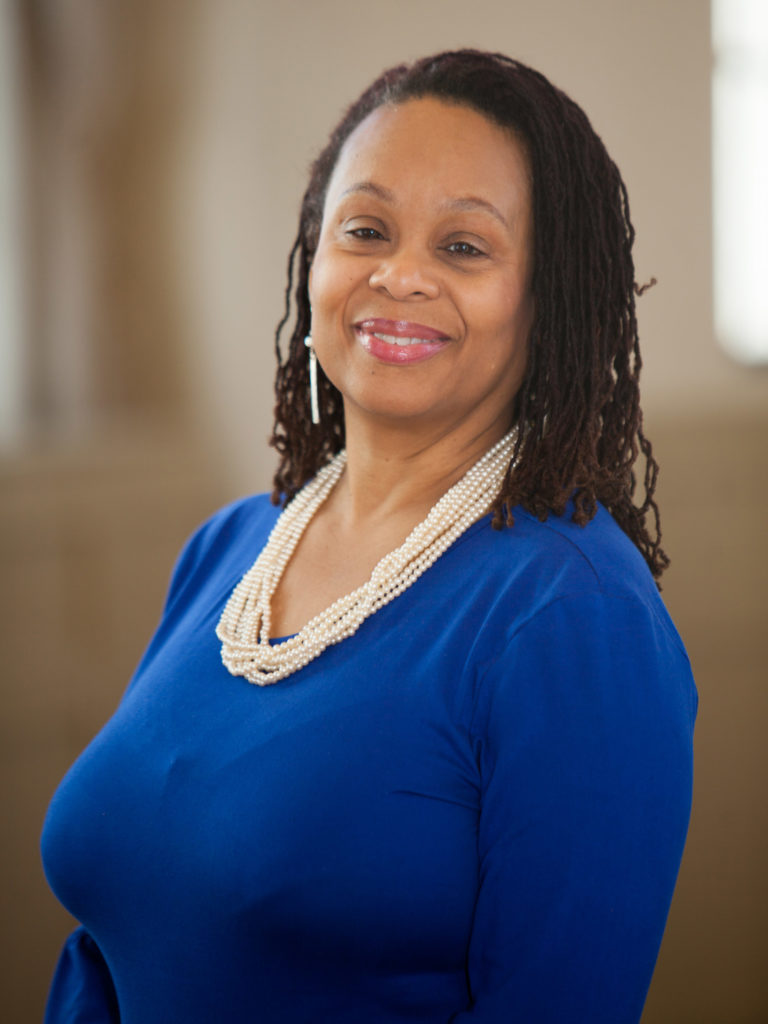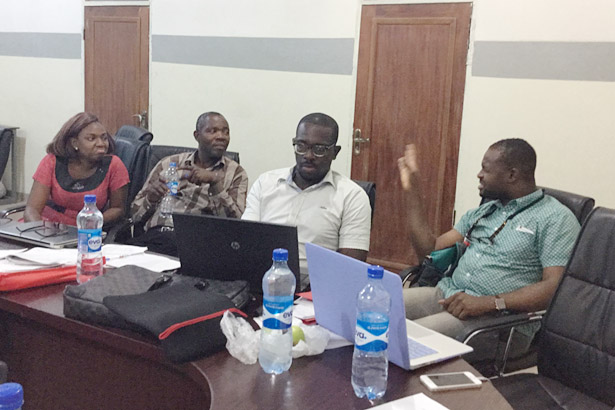How Research4Life helps medical researchers perform systematic reviews
In 2018, American health sciences librarian Xan Goodman travelled to Nigeria to give two two-day workshops on Research4Life and, specifically, the Hinari programme on research for health. The impact she made with those workshops is still noticeable today.
The workshop was attended by doctors and other healthcare workers from all over Africa, many of them working on HIV/AIDS. “I had initially planned to give a basic introduction into using Research4Life, grey literature and open access resources,” Goodman explains. However, it quickly became evident that there was a very strong need for information on how to conduct systematic reviews. Goodman had to change her workshop programme on the spot.
Systematic reviews are a form of evidence synthesis in which the literature about a specific question is searched using a rigorous set of standards.
“Systematic reviews help answer healthcare questions, using literature as a methodology,” Goodman explains. This can inform policy, for example on how to deal with HIV/AIDS patients who are turning from adolescents to adults: with that change also comes a change in the healthcare provided. “When we look at the hierarchy of evidence, systematic reviews are all the way at the top.”

Open access integration
The aim of a systematic review is usually to include all studies relevant to a specific research question. “This is a barrier for researchers in developing countries, as they don’t always have access to all literature. They have to develop a strategy that includes Research4Life and open access resources, such as African Journals Online.” Through a collaboration with DOAJ, quality open access journals can also be searched via Research4Life, so users don’t have to switch between platforms.
Collaboration is key
“It can also help to collaborate, for example with health librarians such as myself to develop search protocols,” Goodman continued. “As the demand for evidence-based healthcare is growing across the world, it only makes sense that African researchers and healthcare practitioners want to be able to carry out their own systematic reviews.”

Changing the workshop programme at the very last minute was only one of the challenges Goodman had to deal with: “At one of the locations, the building was normally closed that day, so we needed to budget in fuel to power the lights in the building. Also, since there was no WIFI, all the workshop participants had to provide their own internet through mobile hotspots. »
« I also noticed some cultural differences: people in Nigeria are used to a hot lunch, rather than the quick sandwiches that we tend to have in the US!”
On a personal level, the trip was quite emotional for Goodman, in a way that she hadn’t expected: “It was my first time ever going to West Africa. As a black American woman, it was a very emotional experience for me, unexpectedly. Someone in the workshop looked like the drummer in my church, another one like a librarian I work with and another one just like my uncle.”
Luckily, everything worked out and the attendees were pleased with the workshop. Goodman did several surveys after the workshops to measure its impact. Several months after the workshop, 71% of the respondents were working on a systematic review, using the tips they had learned during the workshop. Moreover, Goodman worked with the participants for six months to ensure they were on the right track.
Goodman, who works at the University of Las Vegas, had received a MLA Librarians Without Borders/Elsevier Foundation Research4Life grant to conduct the two workshops, which took place before and after the Nigeria Implementation Science Alliance (NISA) conference.
NISA is an annual conference in the capital of Abuja that aims to enhance the quality of health care through implementation science, the study of methods and strategies to promote evidence-based interventions into routine practice.





